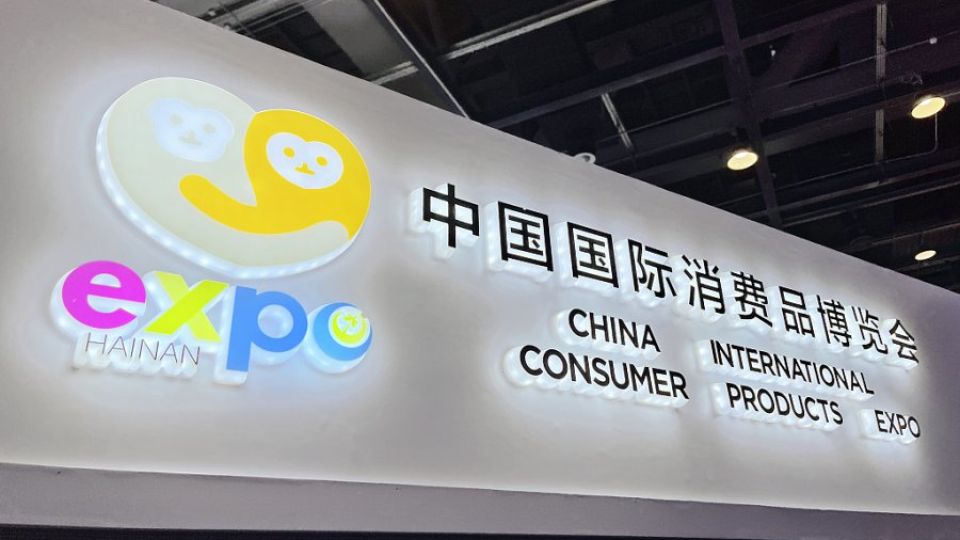April 12, 2023
BEIJING – Hainan’s duty-free status, consumer demand shore up confidence in country’s huge market
Major foreign luxury and consumer goods companies said they will continue to increase investment in the Hainan Free Trade Port, encouraged by the huge potential of the China market and the desire to further develop their global brands.
Company executives made the remarks during the ongoing third China International Consumer Products Expo, which is being held in Haikou, capital of the island province of Hainan, from Monday to Saturday.
They said they have witnessed the expansion of China’s consumption market in recent years and are confident about data-backed growth predictions for the sector.
Last year, China imported consumer goods worth 1.93 trillion yuan ($280 billion), accounting for 11 percent of the total import value. Chinese consumers have shown a strong demand for high-quality products, and they prefer fashionable and green products, said Ministry of Commerce officials.
“In the past three years, the expo has witnessed the resilience and significant growth potential of China’s consumer market. Despite the challenges brought by the COVID-19 pandemic, China remains the world’s second-largest consumer market, and new types and new formats of consumption have kept on emerging,” Sheng Qiuping, vice-minister of commerce, told the expo via video link.
British luxury brand Burberry, a three-time expo participant, said Chinese consumers are passionate about fashion, digitally savvy, and more eco-conscious than ever before. The company plans to open its first Hainan boutique store in Haikou during the first half of next year.
“We have full confidence in the strong resilience and long-term fundamentals of the Chinese economy and look forward to its future growth,” said Josie Zhang, president of Burberry China. “We have seen a rapid recovery in consumer confidence, reflecting the strength of China’s consumer and retail industry.”
The duty-free market in Hainan has added a new dimension to the global tourism retail industry. Many on-site retailers have introduced innovations to their businesses and shopping experiences for consumers, according to a paper released by KPMG China and The Moodie Davitt Report during the expo.
In the first quarter of this year, China Duty Free Group saw both the number of visitors it received and its duty-free sales revenue exceed the pre-pandemic level in 2019.
Meanwhile, United States luxury fashion group Tapestry, the parent company of Coach, Stuart Weitzman and Kate Spade brands and a three-time participant at the expo, said it has established its travel retail headquarters for the China market in Hainan.
“We will continue to explore digital transformation and strengthen our social media marketing efforts in China, as online sales have become increasingly important in the Chinese mainland for luxury consumption,” said Janet Zhong, Asia Pacific vice-president of Tapestry and Coach.
Over the next 10 years, China’s fashion market sales are expected to grow steadily, driven mainly by Chinese consumers’ pursuit of more premium products with extra features, rather than larger sales volume, according to a Boston Consulting Group forecast made during the expo.
US skin care group Estee Lauder said the group has confidence in the China market and realizes the importance of the duty-free shopping market in Hainan. It said it will seek more cooperation with Chinese partners, introduce new high-quality products in Hainan and contribute to the growth of the Hainan FTP.


